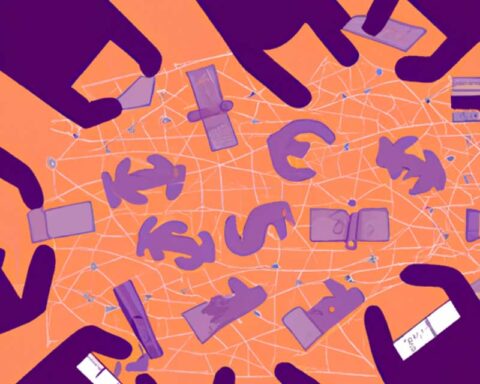TLDR:
Human security still trumps high tech for deterring theft and vandalism, according to experts in the commercial real estate sector. While AI and robotics are gaining interest, the presence of well-trained security guards is still seen as the most effective way to de-escalate situations and allay security fears.
- AI as a tool for security firms is growing, but human security is still more effective.
- The insurance industry values well-trained security teams for reducing violent incidents and theft.
Experts suggest that AI and robotics will become more prevalent in property security as costs decrease and their effectiveness is proven. Different types of commercial properties are adopting advanced technologies for security, such as AI-powered surveillance systems in retail and access control systems in office and industrial/commercial properties.
Key Points:
The digital revolution is cautiously integrating AI and robotics into security in commercial real estate.
Human intuition and physical presence are still essential for effective security measures.
AI and robotics can enhance security in large events and retail settings but must balance privacy concerns.
Deploying drones for security offers unique advantages but requires adherence to regulations.
Full Article:
The digital revolution is changing the commercial real estate sector, but when it comes to managing property security, experts agree that human security still trumps high tech methods. While there is growing interest in using AI and robotics as tools for security firms, the presence of well-trained security guards is still seen as the most effective way to de-escalate threatening situations and allay security fears.
Michael Lyons, an expert in the field, explains that while some areas of commercial real estate have embraced property technology (proptech) using AI-assisted software for planning and construction, security firms and managers are more cautious in adopting advanced security technology. The insurance industry, in particular, values the effectiveness of a well-trained human security team for reducing violent incidents and theft, impacting insurance rates.
As AI and robotics become more prevalent in property security, it is essential to distinguish between current technologies like closed-circuit TV (CCTV) and advanced technologies such as AI. Different types of commercial properties, such as retail, office buildings, and industrial/commercial sites, are adopting advanced security technologies like AI-powered surveillance systems and access control systems with biometric authentication.
While AI and robotics can enhance security in various settings, including large events and retail properties, it is important to balance the use of these technologies with privacy concerns. Retail properties, in particular, have faced challenges with AI, such as using facial recognition, which has raised privacy complaints from consumer groups.
Overall, the consensus among experts is that while AI and robotics offer unique advantages in security, the best security measures still involve human intuition, quick thinking, and physical presence. As the industry continues to evolve, finding the right balance between high tech solutions and the human element will be key to effective property security.









